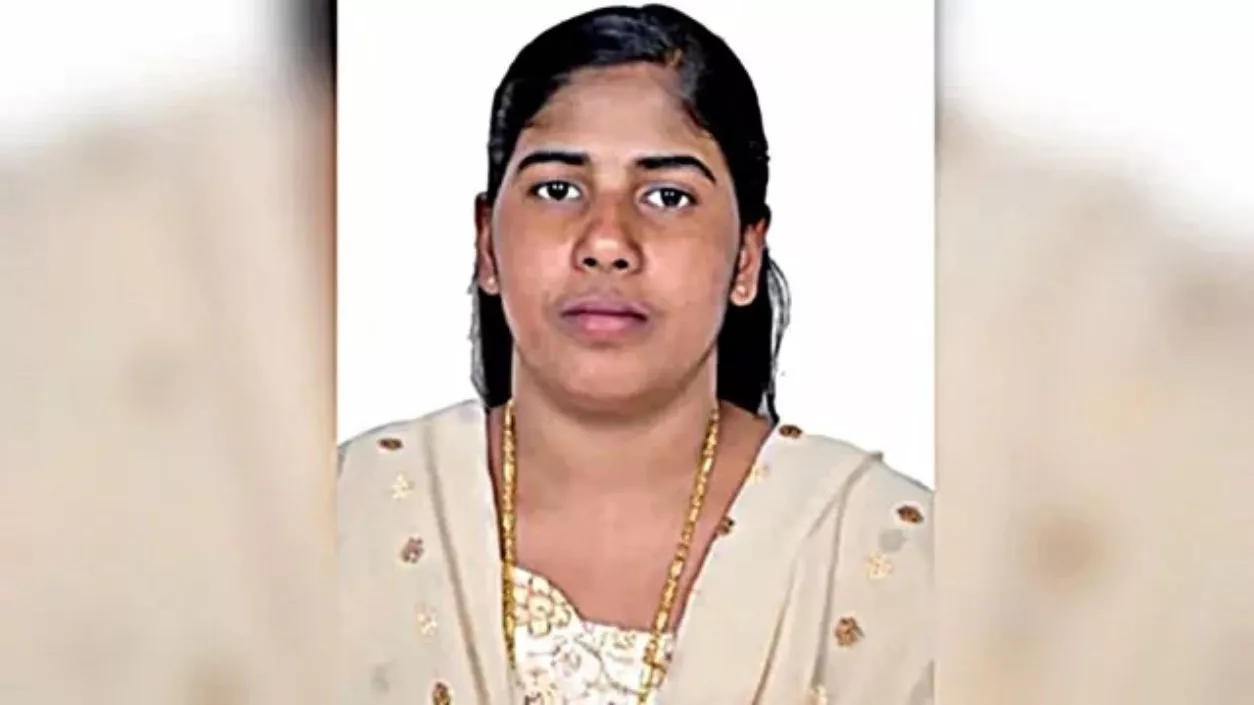Fencing work triggers altercation at Indo-Ban border in Malda
.gif)
.gif)

India is actively working to assist Nimisha Priya, a nurse from Kerala, who faces a death sentence in Yemen for the 2017 killing of Yemeni national Talal Abdo Mahdi. The Yemeni president, Rashad al-Alimi, approved Priya’s death sentence after her appeal was rejected by Yemen’s Supreme Court in November 2023. The Ministry of External Affairs (MEA) has stated that it is exploring all possible avenues to support Priya, including diplomatic interventions, legal avenues, and discussions with relevant authorities.
Priya, a trained nurse, had been working in Yemen for several years when she was involved in the killing of Mahdi. The incident occurred in 2017, when Priya attempted to retrieve her passport, which Mahdi had seized. Reports indicate that she injected him with a sedative, intending to temporarily incapacitate him and take back her passport. However, the sedative had a fatal effect, causing Mahdi’s death. Initially charged with manslaughter, Priya was later convicted of murder in 2020, and a Yemeni trial court sentenced her to death.
After her conviction, Priya's family sought to negotiate a pardon through Yemen’s traditional system of blood money, which allows for financial compensation to be paid to the family of the victim in exchange for a pardon. The process of negotiating blood money began in 2022, with Mahdi’s family initially demanding 50 million Yemeni rials. However, talks faced significant delays due to disagreements over the lawyer’s fees and the conditions surrounding the payment. The Indian Embassy in Yemen had arranged a lawyer, but disputes arose when the lawyer’s fees were raised, further complicating the negotiation process.
In addition to negotiating blood money, Priya’s family has explored the option of seeking a presidential pardon. The political instability in Yemen, caused by the ongoing civil war, has complicated these efforts. Yemen has been embroiled in conflict since 2014, with various factions controlling different regions of the country. Despite these challenges, Priya's family remains determined to secure a pardon or a reduction in her sentence. In April 2024, Priya’s mother, Prema Kumari, was granted permission by the Delhi High Court to travel to Yemen to meet with her daughter and continue the negotiations with Mahdi’s family, despite restrictions on Indian nationals traveling to Yemen due to security concerns.
Priya's case has drawn significant attention due to the complex legal and cultural challenges it presents. Foreign nationals in Yemen face a complicated legal environment, where tribal customs often intersect with formal legal procedures. Priya’s family claims that Mahdi had abused Priya for several years, including taking control of her clinic, extorting money from her, and confiscating her passport, preventing her from leaving the country. Priya had reportedly sought police help but was allegedly arrested and detained for six days by local authorities, further escalating the situation.
The Yemeni court initially sentenced Priya to life imprisonment, but the sentence was later changed to death in 2020. The Yemeni Supreme Court’s rejection of her appeal in 2023 confirmed the death penalty. With the current approval of her execution, Priya’s only remaining legal recourse is to secure a presidential pardon or an agreement on blood money with Mahdi’s family. The Indian government has pledged continued assistance, with officials stating they are working closely with the family and exploring every possible option to resolve the situation. However, the outcome of the case remains uncertain, as negotiations and political dynamics in Yemen continue to evolve.